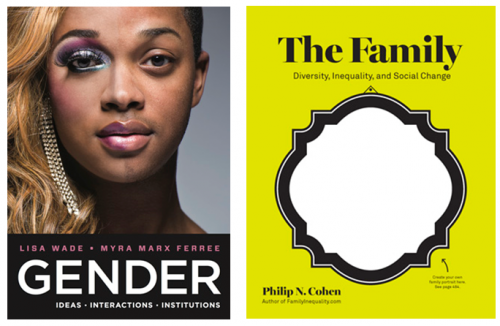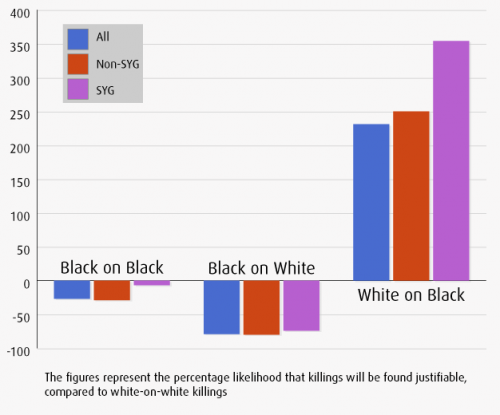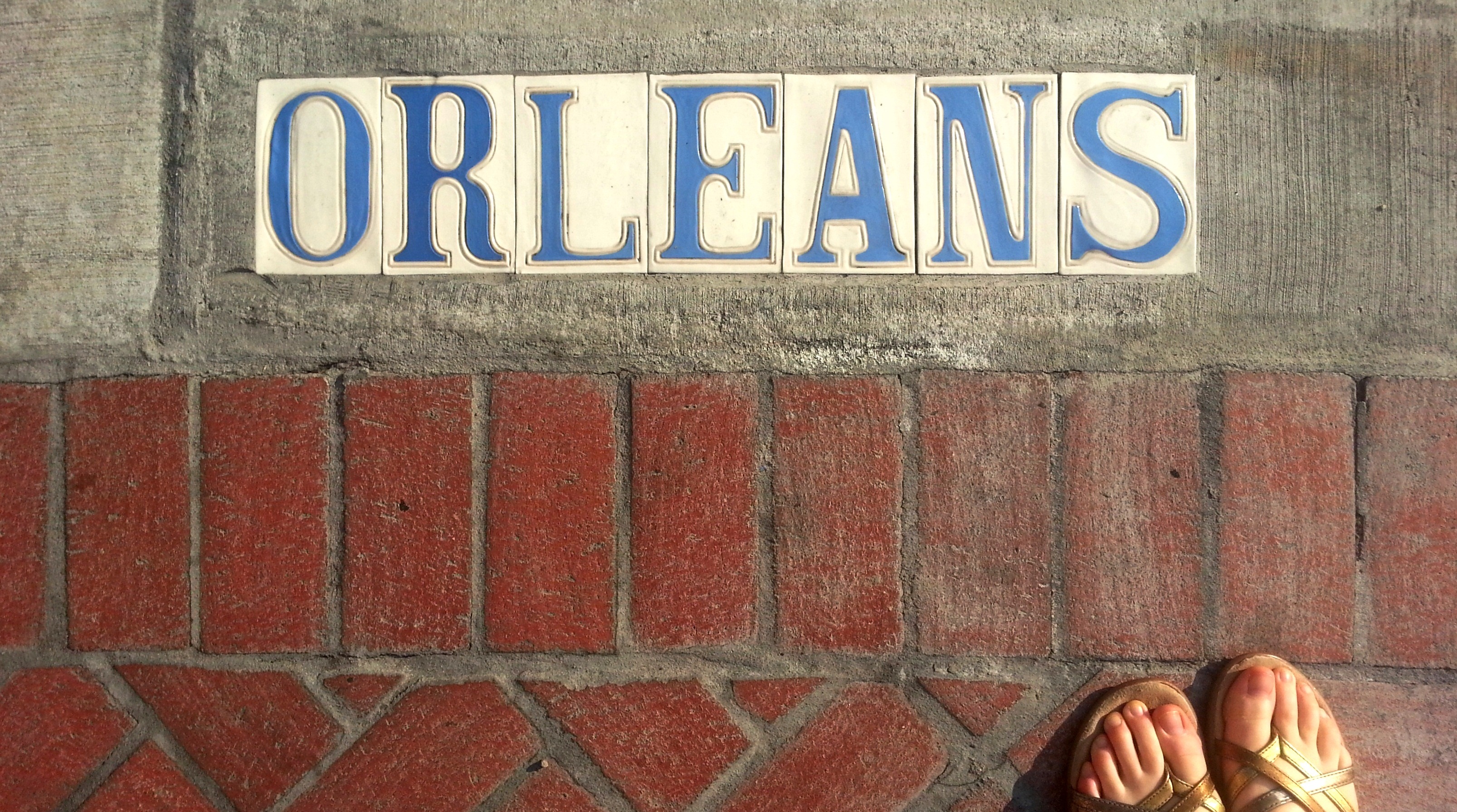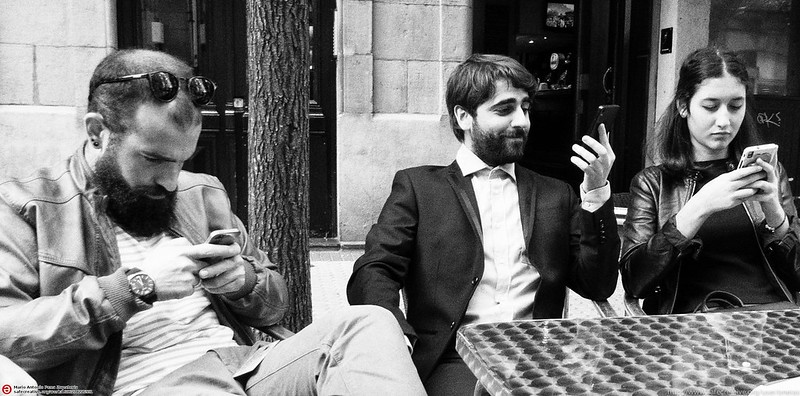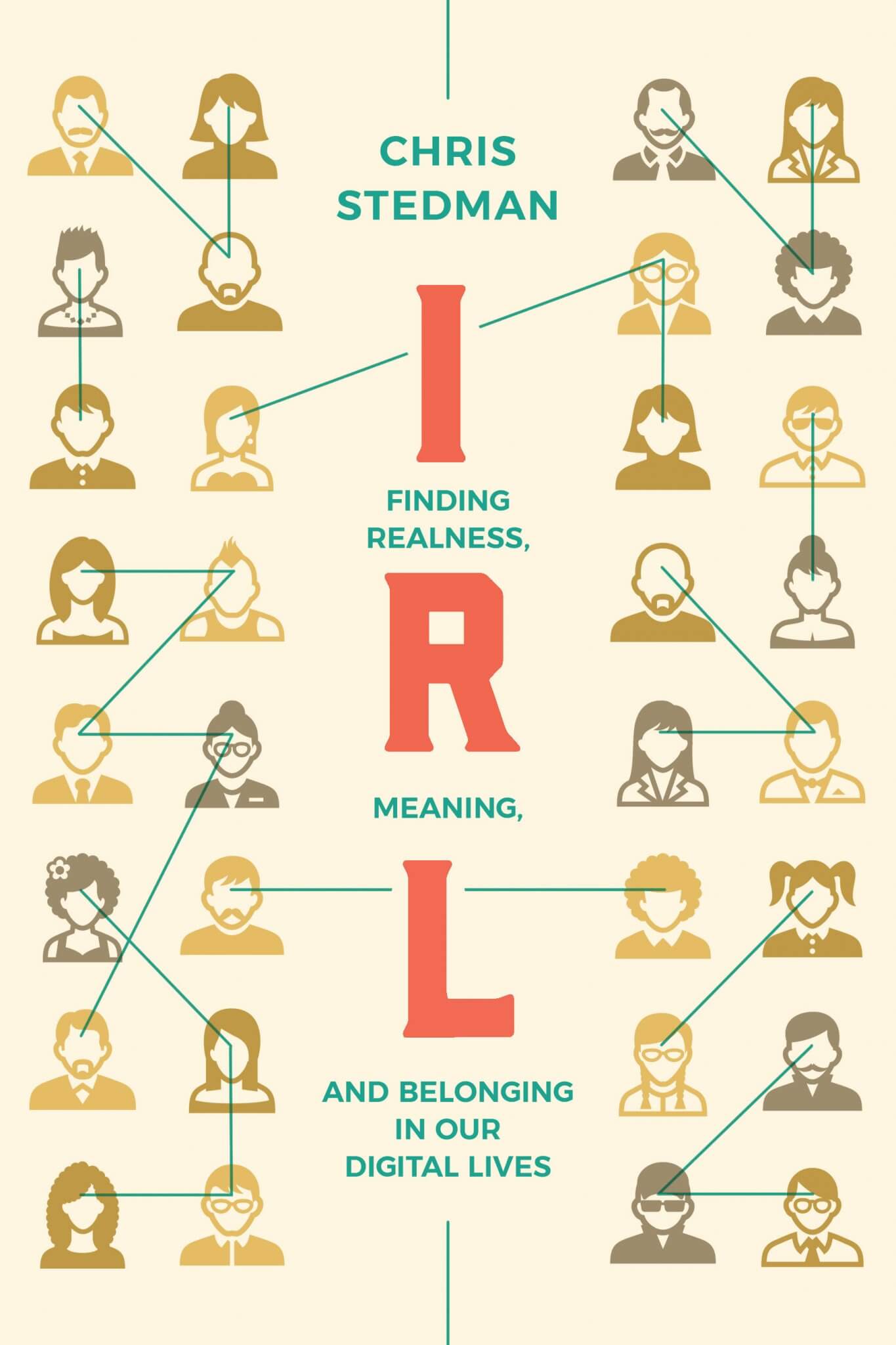Thank you all for a truly fantastic year!
We rounded it out with more than six and a half million page views. We almost doubled our Facebook followers — from 35,000 last December to more than 68,000 today. We are honored to enjoy over 21,000 Twitter followers, 13,000 on Pinterest and 20,000 on our one-year-old Tumblr page. Much gratitude to everyone for your enthusiasm and support!
Highlights:
Two of us published textbooks!
- Gender: Ideas, Interactions, Institutions, coauthored by myself and Myra Marx Ferree. I started accounts for it on Twitter, Facebook, and Pinterest and you’re, of course, welcome to join.
- Frequent contributor Philip Cohen is also super proud to announce his new book, The Family: Diversity, Inequality, and Social Change.
- Our 7th birthday happened.
- We were Tumbld by Wil Wheaton! And that post — about how activists are motivated by logic, not emotion — was liked or tumbled over 50,000 times!
- A SocImages post got me interviewed at NPR.
- Sezin Koehler’s post on gender and nudity on HBO made TV Guide.
- We shared a 7-year-old girl’s letter to Lego about the lack of adventure to girls, sent to us by her parent, and it struck a nerve. It was covered by dozens of major news outlets.
- We recieved the 2014 award for Exemplary Online Learning Resources from the Multimedia Educational Resource for Learning and Online Teaching.
- We made two new Pinterest pages: Pinkwashing Ridiculousness and Racist Antics at High Schools and Colleges (see them all here).
I’ve also signed contracts to write two more books, one on hookup culture and a Introduction to Sociology text. I’m excited to keep writing!
Best of 2014!
Over the last week I’ve highlighted my favorite and your most loved posts from 2014. Here’s are the lists in case you missed it last week!
Reader’s Choice (plus # of likes/shares before we re-posted)
- When force is hardest to justify, victims of police homicide are most likely to be black (24,700+)
- #instagrammingafrica: The narcissism of global tourism (17,300+)
- Teachers offered personal loans to buy school supplies (15,000+)
- What do professors do all day? (11,400+)
- Doing gender with the face, featuring Erika Linder (6,900+)
- How to change the world one shrug at a time (5,900+)
- Snickers mocks the idea that men can respect women (5,400+)
- Concern for equality linked to logic, not emotion (5,100+)
- A little theory of homophobia (5,000+)
- In employers’ eyes, for-profit colleges are equivalent to high school (4,300+)
- How to lie with statistics: Stand Your Ground and gun deaths (4,200+)
- The sexual politics of veganism (2,700+)
- U.S. schools teach children that Native Americans are history (2,700+)
Most loved humor!
- Marx, Weber, and Durkheim on a tree falling in the forest… (5,000+)
- Girl pants: No pockets, no justice (2,800+)
- Muggle Studies and Defense Against the Dark Arts (1,600+)
- Statistically significant others (1,500+)
- Academic writing MadLib (1,300+)
- How professors argue (1,100+)
- Confirmation bias expert convinced everyone suffers from confirmation bias (1,100+)
- The best thesis defense is a good offense (1,000+)
Editor’s picks
- That’s fishy: From scent to suspicion and back
- “Trophy scarves”: Race, gender, and the woman as prop trope
- What sociologists can tell us about serial killing
- A reluctant defense of sunscreen for men
- Girl-on-girl action: A new visual landscape
- Cuteness-inspired aggression is actually a thing
- A proper entrance: Creole culture and the front door
- How the bird hat craze almost killed the dinosaurs… and inspired the Audubon Society
- Reading the camouflage: “You are now enemy combatants”
- The baby dolls of Mardi Gras
Happy New Year everyone! Here’s to wonderful things in 2015!
Lisa Wade, PhD is an Associate Professor at Tulane University. She is the author of American Hookup, a book about college sexual culture; a textbook about gender; and a forthcoming introductory text: Terrible Magnificent Sociology. You can follow her on Twitter and Instagram.

